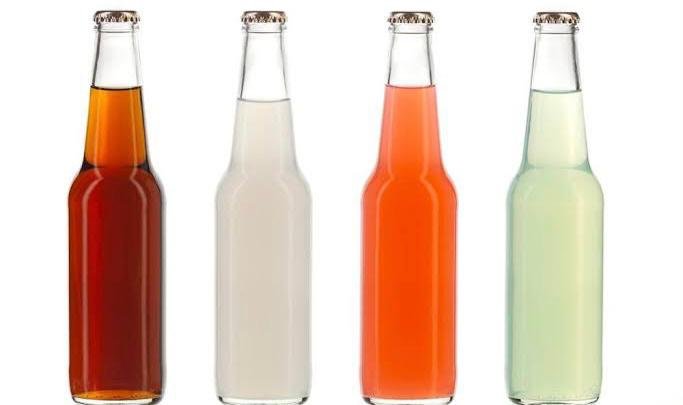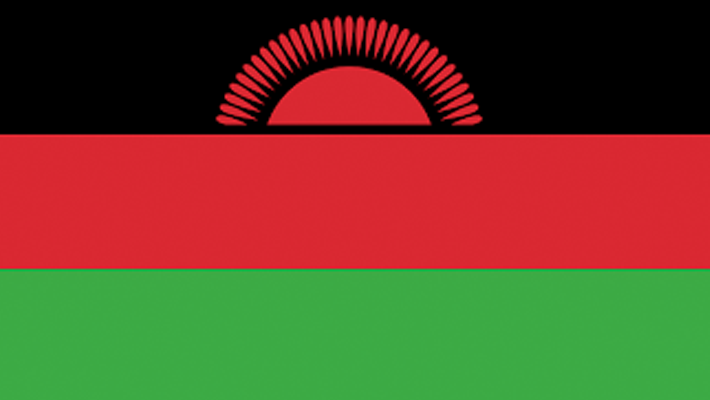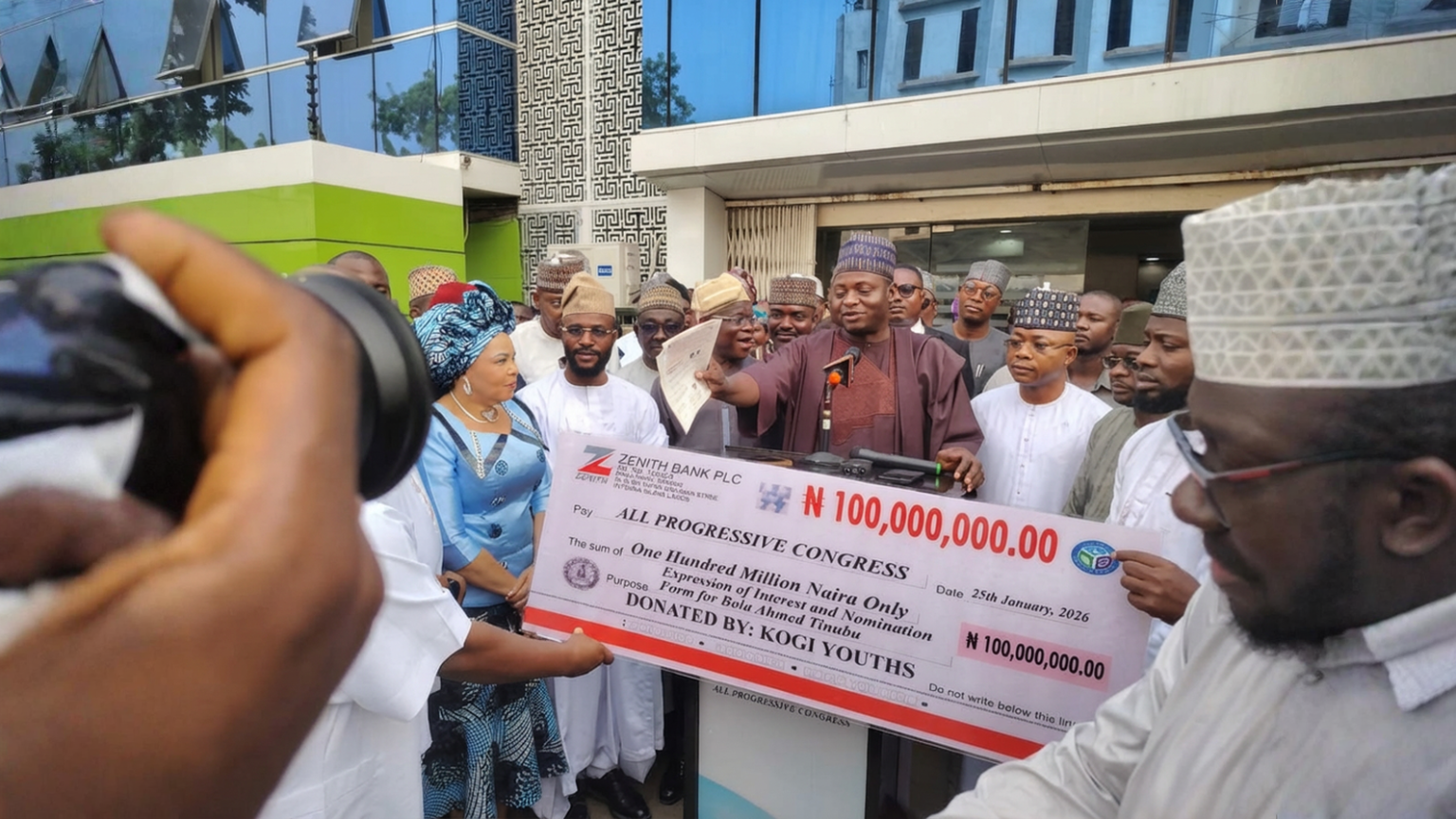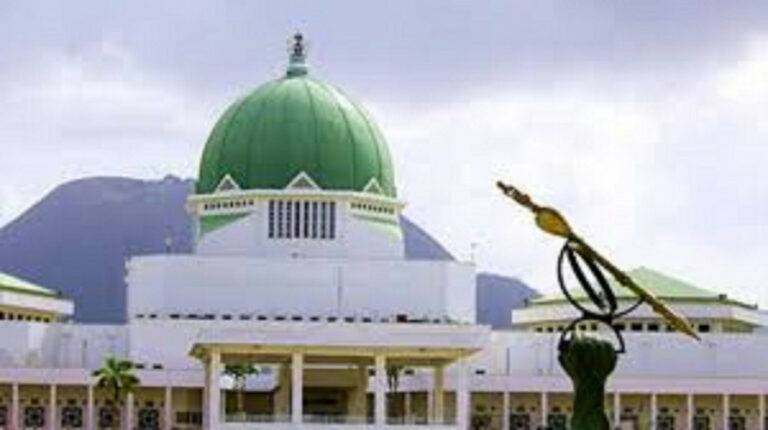The federal government has discouraged the consumption of sugar-sweetened beverages (SSB) because it is capable of causing diabetes and other non-communicable diseases (NCDs).
Ali Pate, the Coordinating Minister of Health and Social Welfare, spoke in Abuja on Tuesday at the National Conference on Sugar-Sweetened Beverages (SSB) Tax and Health Financing in Nigeria.
The minister, who spoke on the conference theme “Health Tax as a Recipe for Improved Healthcare Financing”, was represented by Olubunmi Aribeana, the health ministry’s director of the food and drug services department.
“By discouraging the consumption of sugar-laden beverages, we aim to reduce the prevalence of obesity and diabetes and, in turn, alleviate the financial burden on our healthcare system,” said Mr Pate.
He recalled that the federal government introduced the SSB tax in 2021 to reduce its consumption and the prevalence of obesity, diabetes and other related diseases.
“Sugar-sweetened beverages (SSBs) are drinks that contain added natural sweeteners, such as table sugar, high-fructose corn syrup, or fruit juice concentrates, all of which have similar metabolic effects.
“The consumption of SSBs has been linked to numerous health risks, including obesity, heart disease, weight gain, type 2 diabetes, kidney diseases, non-alcoholic liver disease, tooth decay, cavities, and gout.
“The health burden of SSB consumption is particularly significant in low- and middle-income countries, where rates of obesity and related health problems are on the rise,” Mr Pate explained.
The minister said the country faced a growing health crisis with SSB-related diseases such as obesity and diabetes, adding that the associated healthcare costs were escalating at an alarming rate.
“Recent reviews and meta-analyses by the International Diabetes Foundation (IDF) show that as of 2021, over 3.6 million people are diabetic, with 53 per cent of these citizens undiagnosed, and this number is expected to rise to about five million by the year 2030.
“The cost of treating diabetes per person has surged from an average of N60,000 in 2011 to N800,000 in 2021, and it is projected to exceed N1 Million by 2030,” Mr Pate said.
According to him, the goal of the SSB tax is to reduce the consumption of these unhealthy beverages, ultimately preventing obesity and its related diseases.
The minister called on the food and beverage industry, healthcare providers, civil society organisations and other relevant stakeholders to strengthen their collaboration to promote healthier lifestyles and ensure the sustainability of the nation’s health systems.
He said in line with the government’s vision, the 2023 National Policy on Food Safety and Quality and its Implementation Plan also prioritised the consumption of healthy foods.
According to him, the plan specifically expects the government at every level to develop strategies for reducing the consumption of sugar, alcohol, and sodium and eliminating trans-fatty acids (TFAs) in Nigerian diets.
The minister restated the federal government’s commitment to ensuring the food supply chain supports the health and well-being of the population by minimising the risks associated with poor dietary choices.
In his remarks, Akinbode Oluwafemi, executive director, Corporate Accountability and Public Participation Africa (CAPPA), said the current SSB tax that imposed an excise duty of N10 per litre on all non-alcoholic and sweetened beverages did not meet global standards.
Mr Oluwafemi said, “At N10 per litre, Nigeria’s current tax on SSBs falls short of the World Health Organisation’s recommendation and global best practice of a minimum of 20 per cent of total retail prices.
“In fact, the impact of our current tax rate has been largely eroded by escalating inflationary pressures, rendering it nearly ineffective, hence the need for a re-evaluation,” he stated.
(NAN)














